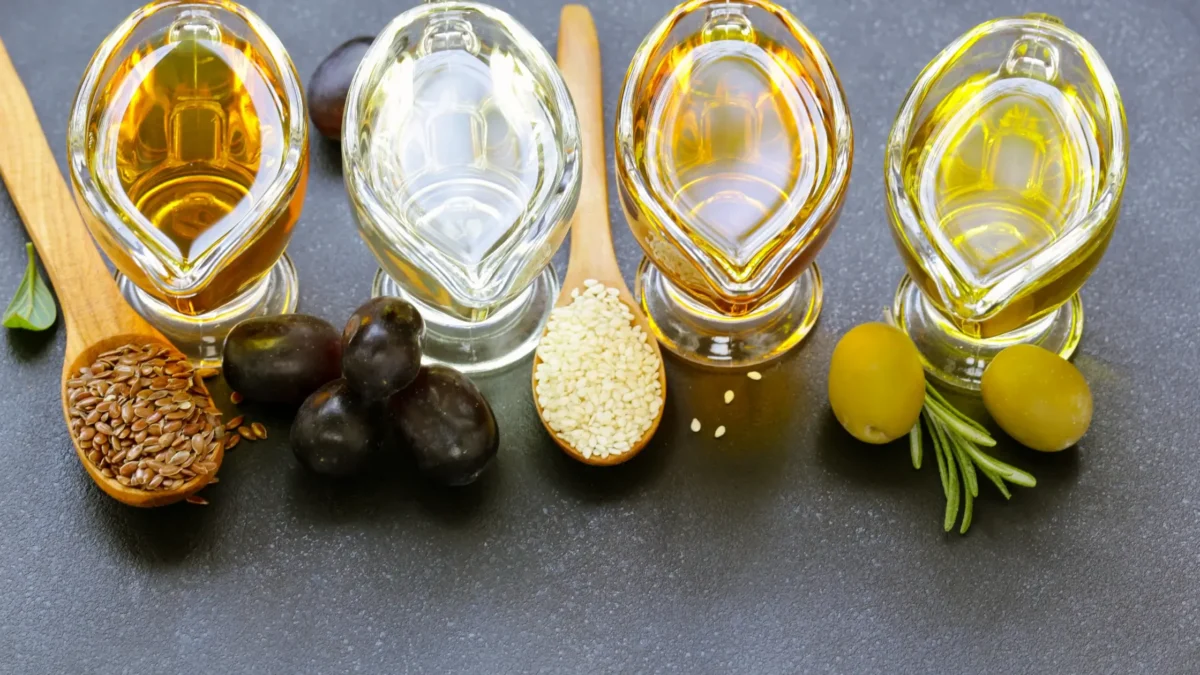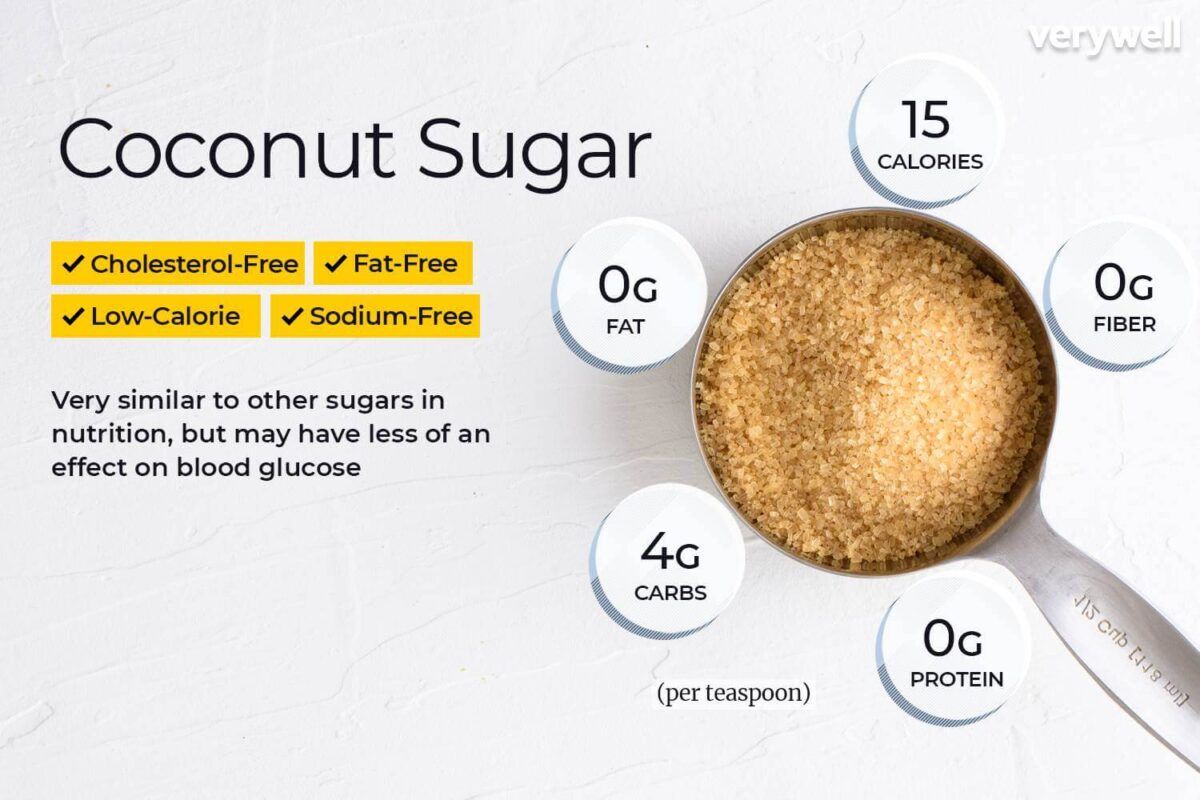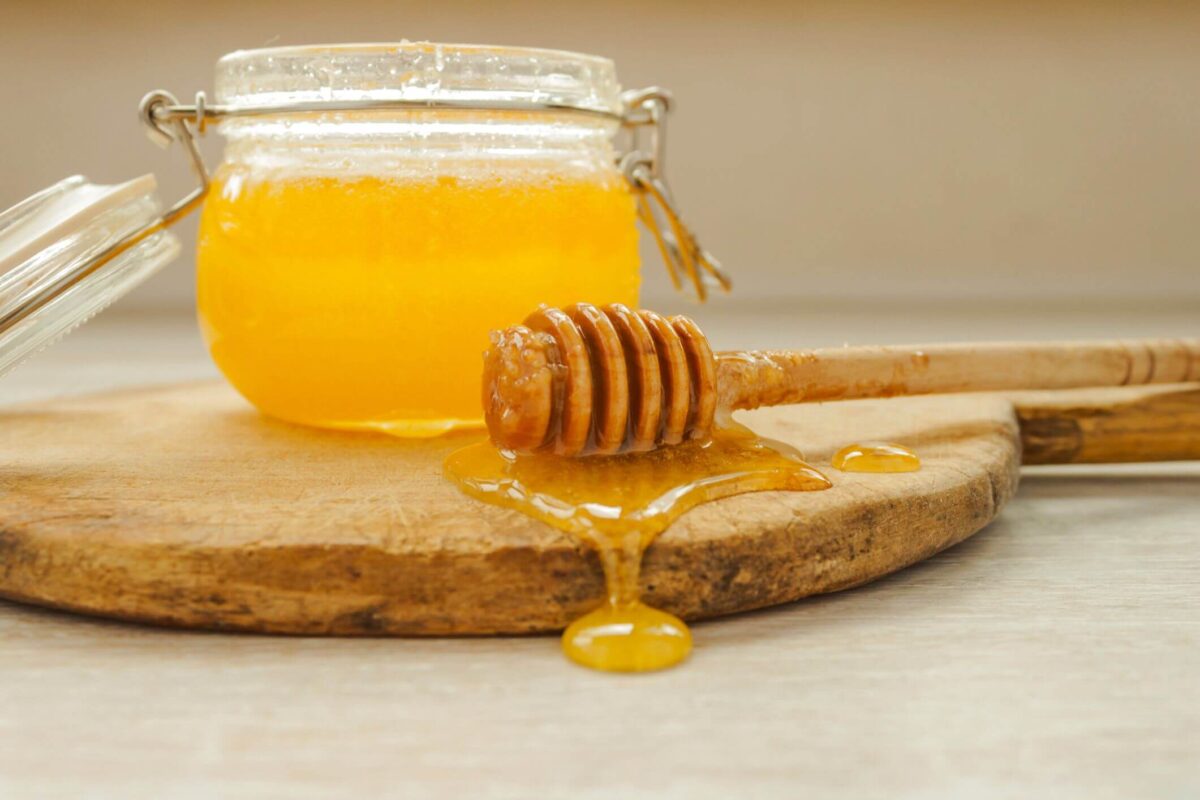Cooking oil is an essential ingredient in every kitchen. It’s used for frying, sautéing, and baking, among other things. However, not all oils are created equal. Some are unhealthy and can increase the risk of heart disease, while others have a low smoke point, which makes them unsuitable for high-heat cooking. Fortunately, there are several cooking oil alternatives that are healthy, flavorful, and versatile. In this article, we’ll explore some of the best options and how to use them in your favorite recipes.
Table of Contents
The Problem with Traditional Cooking Oils
Before we dive into the alternatives, let’s take a closer look at why traditional cooking oils like vegetable oil, canola oil, and corn oil aren’t the healthiest options. These oils are high in omega-6 fatty acids, which can cause inflammation and increase the risk of heart disease. They’re also often refined, which means they’ve been stripped of their nutrients and antioxidants. In addition, many of these oils have a low smoke point, which means they can produce harmful compounds when heated to high temperatures.
Healthier Alternatives
Coconut Oil
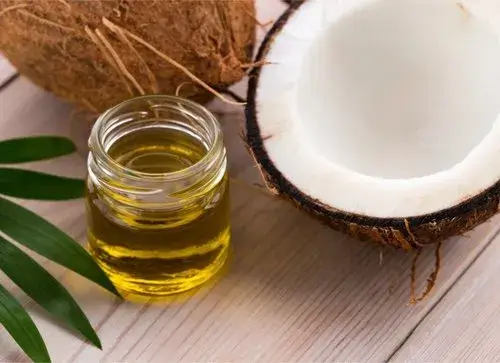
Coconut oil is a popular cooking oil alternative that’s rich in medium-chain triglycerides (MCTs). These fats are quickly metabolized by the body and can provide a quick source of energy. Coconut oil also has a high smoke point, which makes it suitable for high-heat cooking methods like frying and baking. Plus, it adds a delicious tropical flavor to your dishes.
Also Read: Guajillo Chili: The Secret Ingredient for Authentic Mexican Cuisine
Avocado Oil
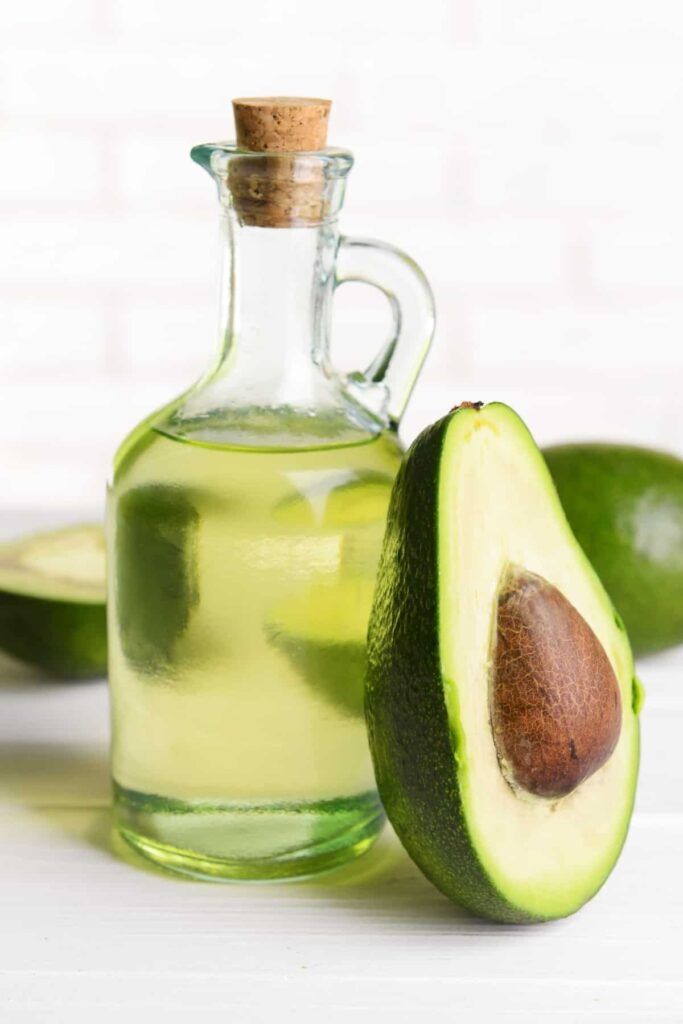
Avocado oil is another healthy cooking oil alternative that’s high in monounsaturated fats, which can help reduce inflammation and lower cholesterol levels. It also has a high smoke point and a neutral flavor, which makes it versatile and suitable for a variety of dishes.
Olive Oil
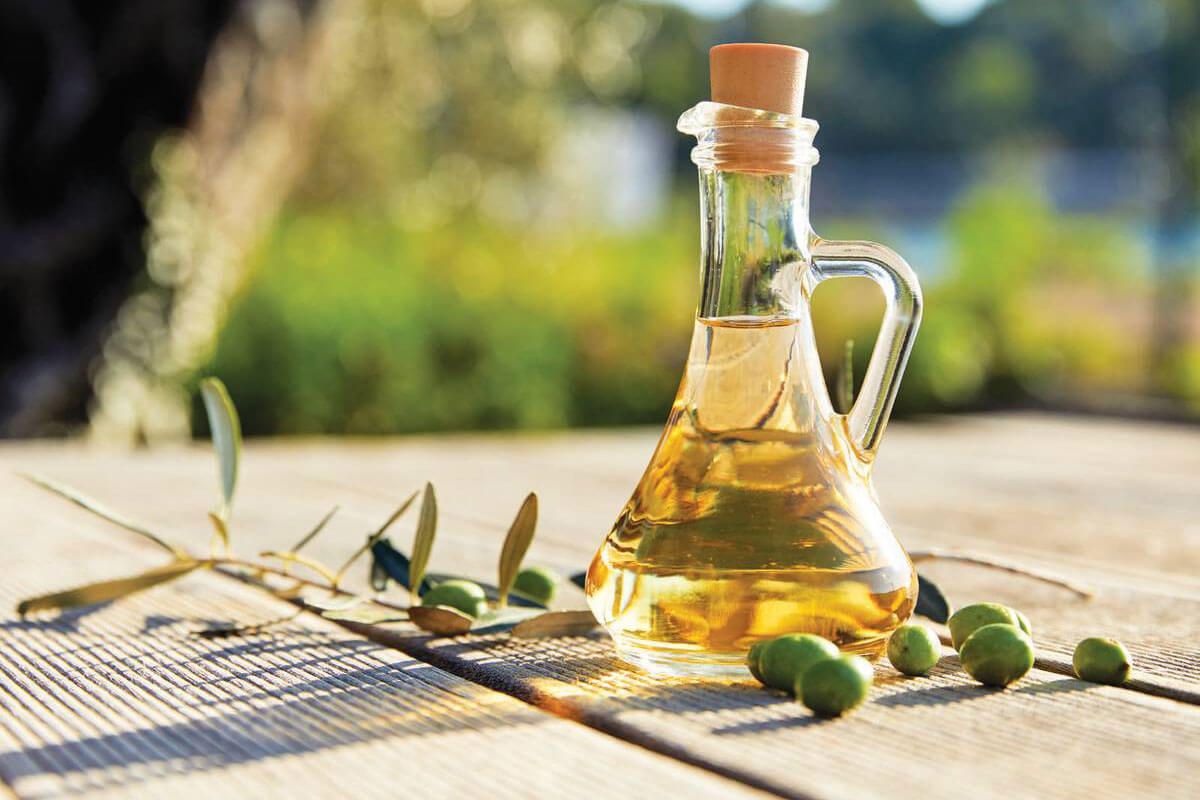
Olive oil is a staple in many kitchens, and for good reason. It’s high in heart-healthy monounsaturated fats and antioxidants, which can reduce inflammation and protect against chronic diseases. However, not all olive oils are created equal. Extra-virgin olive oil is the healthiest option, as it’s made from cold-pressed olives and retains the most nutrients and antioxidants.
Specialty Oils
Sesame Oil
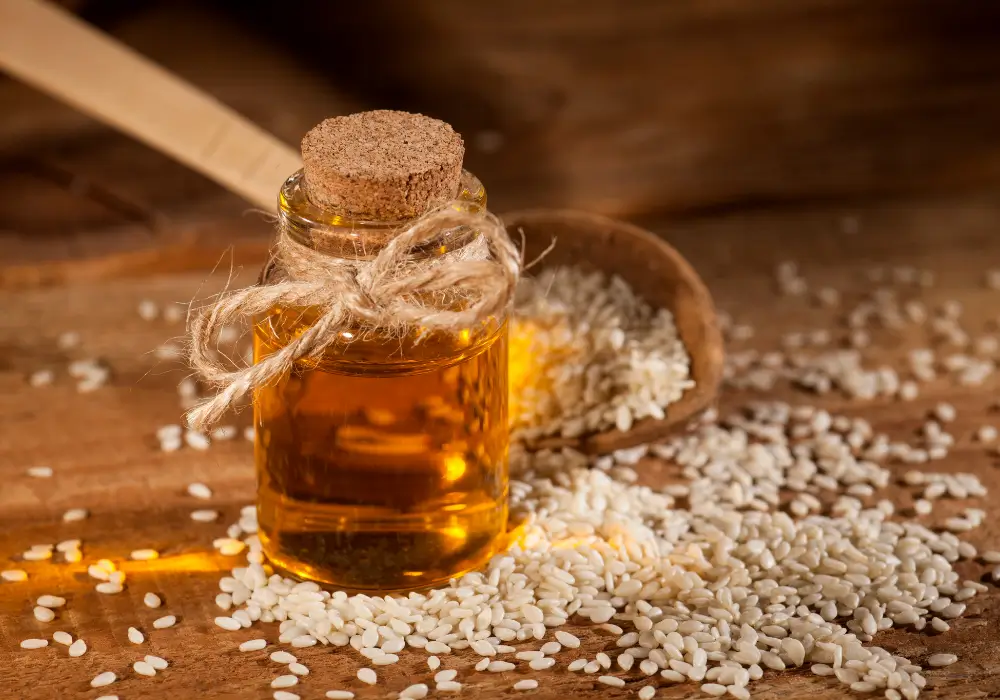
Sesame oil is a flavorful cooking oil alternative that’s commonly used in Asian cuisine. It has a nutty taste and a low smoke point, which makes it unsuitable for high-heat cooking. However, it’s perfect for stir-frying, sautéing, and as a finishing oil for salads and noodle dishes.
Walnut Oil
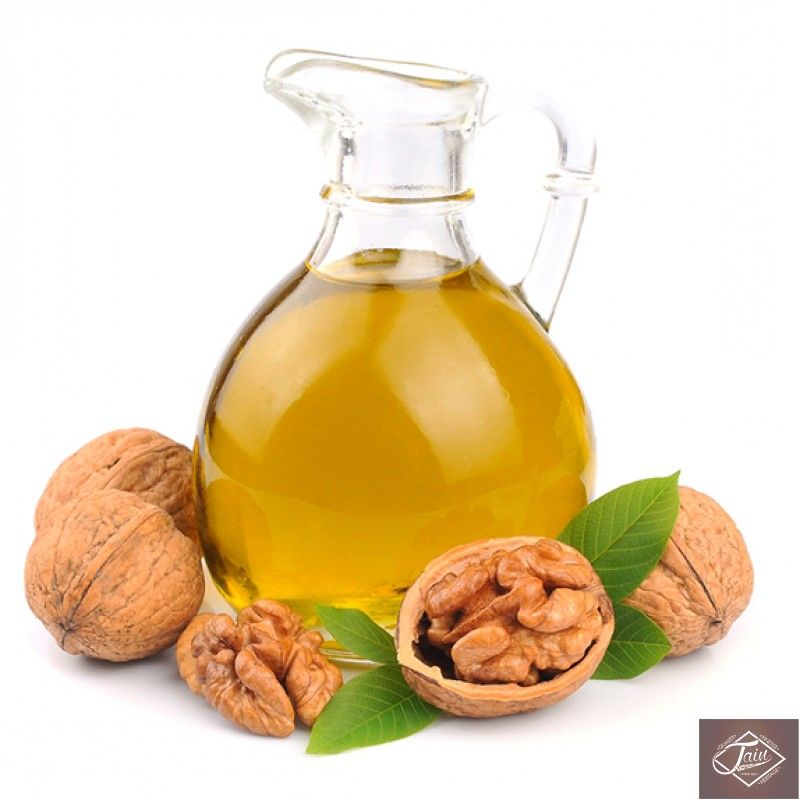
Walnut oil is a rich and flavorful oil that’s high in omega-3 fatty acids, which can reduce inflammation and improve brain health. It has a low smoke point, which means it’s not suitable for high-heat cooking. However, it’s perfect for drizzling over roasted vegetables, salads, and pasta dishes.
Ghee
Ghee is a form of clarified butter that’s commonly used in Indian cuisine. It has a high smoke point and a rich, buttery flavor, which makes it ideal for high-heat cooking methods like frying and roasting. Plus, it’s lactose-free and contains no milk solids, making it suitable for people with lactose intolerance.
How to Use Cooking Oil Alternatives
Now that you know about some of the best cooking oil alternatives, it’s time to learn how to use them in your favorite recipes. Here are some tips to get you started:
- Substitute coconut oil or avocado oil for vegetable oil in baking recipes.
- Use sesame oil to flavor stir-fries and noodle dishes.
- Drizzle walnut oil over roasted vegetables or salads.
- Use ghee for frying or roasting meats and vegetables.
When using cooking oil alternatives, it’s important to keep in mind their smoke points and flavor profiles. Some oils are better suited for certain types of cooking or dishes, so experiment with different options to find your favorite combinations.
Benefits of Cooking Oil Alternatives
Using cooking oil alternatives can provide several benefits for your health and your taste buds. Here are some of the top benefits:
- Healthier fats: Many cooking oil alternatives are high in monounsaturated or polyunsaturated fats, which can reduce inflammation, lower cholesterol, and improve heart health.
- Nutrients and antioxidants: Specialty oils like extra-virgin olive oil and walnut oil contain a range of vitamins, minerals, and antioxidants that can benefit overall health and well-being.
- Unique flavors: Cooking oil alternatives can add new and exciting flavors to your dishes, making your meals more interesting and enjoyable.
Cooking Oil Alternatives in Action
Ready to put your newfound knowledge to the test? Here are some tasty recipes that use cooking oil alternatives:
Coconut Oil Chocolate Chip Cookies
Ingredients:
- 1/2 cup coconut oil, melted
- 1/2 cup brown sugar
- 1/4 cup granulated sugar
- 1 egg
- 1 tsp vanilla extract
- 1 1/4 cup flour
- 1/2 tsp baking soda
- 1/4 tsp salt
- 1 cup chocolate chips
Instructions:
- Preheat oven to 350°F and line a baking sheet with parchment paper.
- In a large mixing bowl, combine melted coconut oil, brown sugar, and granulated sugar. Mix until smooth.
- Add in the egg and vanilla extract, and mix until well combined.
- In a separate bowl, whisk together the flour, baking soda, and salt. Gradually add the dry ingredients to the wet mixture, stirring until a dough forms.
- Fold in the chocolate chips.
- Scoop tablespoon-sized balls of dough onto the prepared baking sheet.
- Bake for 10-12 minutes, or until the edges are golden brown.
- Let cool on the baking sheet for 5 minutes before transferring to a wire rack to cool completely.
Sesame Ginger Stir-Fry
Ingredients:
- 1 lb chicken breast, sliced into thin strips
- 2 tbsp sesame oil
- 2 tbsp soy sauce
- 1 tbsp honey
- 1 tsp grated ginger
- 1 garlic clove, minced
- 1 red bell pepper, sliced
- 1 cup snap peas
- 2 green onions, chopped
- 2 tbsp sesame seeds
- Rice or noodles, for serving
Instructions:
- In a small bowl, whisk together the sesame oil, soy sauce, honey, ginger, and garlic. Set aside.
- Heat a large skillet or wok over high heat. Add the chicken and cook for 3-4 minutes, or until browned on all sides.
- Add the bell pepper and snap peas to the skillet and cook for 2-3 minutes, or until tender-crisp.
- Pour the sauce over the chicken and vegetables, and stir to coat evenly.
- Add the chopped green onions and sesame seeds, and stir to combine.
- Serve over rice or noodles.
Also Read: Dairy Free Snacks: Delicious and Healthy Alternatives
Conclusion
In conclusion, cooking oil alternatives offer a healthier and more flavorful option for your kitchen. From coconut oil to walnut oil, there are several options to choose from depending on your taste preferences and cooking needs. So why not try swapping out your traditional cooking oil for one of these alternatives in your next recipe? Your taste buds and your health will thank you.
FAQs
Are cooking oil alternatives more expensive than traditional cooking oils?
The price of cooking oil alternatives can vary depending on the type and quality of the oil. Some specialty oils may be more expensive than traditional oils, but others like coconut oil can be found at a similar price point.
Can I use cooking oil alternatives in baking?
Yes, many cooking oil alternatives can be used in baking as a substitute for traditional oils. Just be sure to pay attention to the specific smoke point and flavor profile of the oil you choose to use.
Is it safe to heat cooking oil alternatives to high temperatures?
It’s important to choose an oil with a smoke point that’s appropriate for the cooking method you’re using. For example, ghee has a high smoke point and is great for frying or roasting at high temperatures, while oils like flaxseed oil should be used at lower temperatures.
Do cooking oil alternatives have a longer shelf life than traditional oils?
It depends on the oil. Some cooking oil alternatives like coconut oil have a longer shelf life than traditional oils like vegetable oil. However, other specialty oils like walnut oil should be stored in the refrigerator to prolong their shelf life.
Can cooking oil alternatives be used in salad dressings?
Yes, many cooking oil alternatives can be used in salad dressings to add unique flavors and health benefits. Try using extra-virgin olive oil, avocado oil, or walnut oil in your next homemade dressing.

Rupesh Sagvekar is Content writer, Food blogger and owner of Manvik Foods, an online shop in Mumbai, India that specializes in selling high-quality dry fruits, nuts, berries, whole and powdered spices. Under the authority of Manvik Enterprises Organisation, Rupesh and his team believe that quality is of the utmost importance. They take great care to ensure that their products are verified, tested, and of the best possible quality. Rupesh’s goal is to make sure that every customer is satisfied with what they receive from Manvik Foods.
As an Amazon affiliate, Manvik Foods ships their products all over India, allowing customers from all corners of the country to enjoy their delicious and nutritious products. With Rupesh at the helm, Manvik Foods has become known for their commitment to quality, exceptional customer service, and passion for healthy, natural foods.
